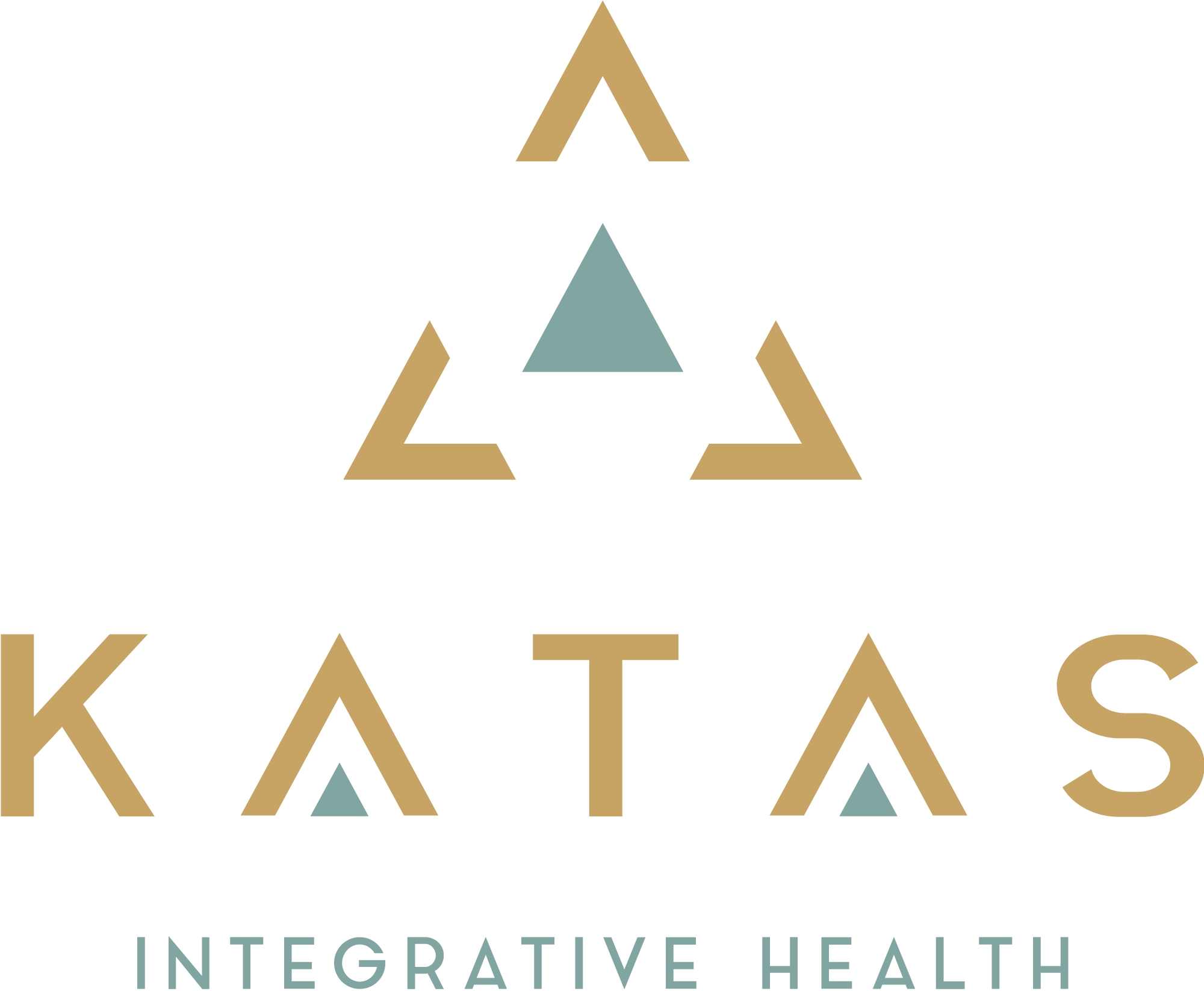Welcome to our exploration of natural ways to support progesterone production, a vital element in maintaining hormonal balance. Progesterone is crucial for various functions in the body, particularly in women’s reproductive health. When exposed to poor diet, chronic stress, and environmental toxins, the proper functioning of progesterone can be adversely affected.
Let’s Explore the Major Functions of Progesterone
- Supporting Menstrual Cycle and Fertility: During the second half of the cycle, the corpus luteum, formed after ovulation, produces progesterone. This hormone prepares the uterine lining for a potential pregnancy.
- Maintaining Pregnancy: If fertilization occurs, progesterone continues o be produced to support the early stages of pregnancy. It helps maintain the uterine lining, preventing it’s shedding and supporting the implantation of the fertilized egg.
- Supporting Bone Health: Progesterone plays a role in bone density regulation. It helps balance the bone-resorbing activity of other hormones, such as cortisol, to maintain skeletal integrity.
- Modulating Mood and Sleep: Progesterone has a calming effect on the central nervous system. It can help alleviate anxiety, promote relaxation, and contribute to better sleep.
- Balancing other Hormones: Progesterone works in harmony with estrogen to maintain a delicate balance. It helps counteract he proliferative effects of estrogen on the uterine lining.
What throws Progesterone out of whack?
Endogenous progesterone is produced naturally within the body, primarily by the ovaries in women and, to a lesser extent, by the adrenal glands. Several environmental factors can contribute to a decrease in endogenous progesterone levels. The very best thing we can do is to clean up our diet and lifestyle, along with reducing our exposure to environmental toxicities the best we can.
Endocrine Disruptors: Exposure to endocrine-disrupting chemicals (EDCs) in the environment, such as certain pesticides, plastics, and industrial pollutants, can interfere with hormonal signaling production.
Diet and Nutrition: Poor dietary habits and nutritional deficiencies can impair the overall hormone balance, potentially leading to reduced progesterone production.
Stress: Stress, both physical and emotional, can significantly impact hormonal balance. Chronic stress triggers the release of cortisol, a hormone produced by the adrenal glands. Elevated cortisol levels can interfere with the delicate dance of hormones, affecting progesterone production and contributing to hormonal imbalances.
Medications and Hormone Disruptors: Some medications, such as certain contraceptives or medications with hormonal effects, can influence the body’s natural hormonal balance.
Alcohol and Substance Abuse: Excessive alcohol consumption and substance abuse can affect liver function, which plays a role in hormone metabolism and clearance.
How do we support our Progesterone production?
Supporting your hormones not only relies on avoiding the things that disrupt it, but supporting them through diet and supportive practices such as:
- Dietary Support for Progesterone Production:
- Healthy Fats: Opt for avocados, olive oil, and raw nuts to provide essential fatty acids for hormone synthesis.
- Dark Leafy Greens: Organic greens (lightly steamed/sauteed) can offer magnesium, a nutrient crucial for progesterone production and stress management.
- Balanced Proteins: Incorporate lean meats, fish, and legumes to ensure a well-rounded intake of amino acids, supporting overall hormonal health.
- Specific Nutrients for Progesterone Production:
- Vitamin C: Found in citrus fruits and bell peppers, vitamin C supports adrenal health, playing a role in both cortisol regulation and progesterone production.
- Vitamin B6: Chickpeas, salmon, and potatoes provide vitamin B6, which aids in converting precursor hormones into progesterone.
- Zinc: Pumpkin seeds, cashews, and lentils offer zinc, crucial for various hormonal functions, including progesterone production.
- Magnesium: Leafy greens, nuts, and seeds contribute to magnesium, supporting the corpus luteum’s function and progesterone production.
- Vitamin E: Nuts, seeds, and spinach are rich in vitamin E, promoting overall hormonal balance, including progesterone.
- Stress Management for Hormonal Harmony:
- Mind-Body Practices: Incorporate mindfulness, meditation, or yoga into your routine to reduce stress and promote relaxation.
- Adequate Sleep: Prioritize quality sleep to support overall hormonal health and mitigate the impact of stress on cortisol levels.
- Regular Exercise: Engage in moderate exercise to help manage stress and promote hormonal balance.
Balance is key
Achieving hormonal balance involves a multifaceted approach, incorporating dietary choices, specific nutrients, and stress management strategies. By addressing both the nutritional and emotional aspects of hormonal health, you can nurture your body toward a state of equilibrium.
As always, consult with a healthcare professional for personalized guidance tailored to your unique needs and circumstances. Embrace the journey towards hormonal harmony, fostering a sense of well-being from within.
For additional resources and one-on-one support, please schedule a complimentary 30-minute functional medicine consultation at Katas Integrative Health!


